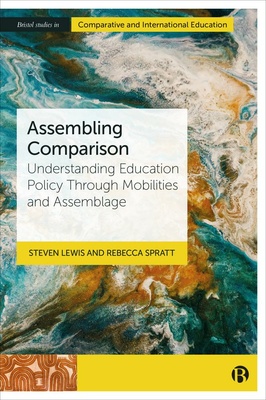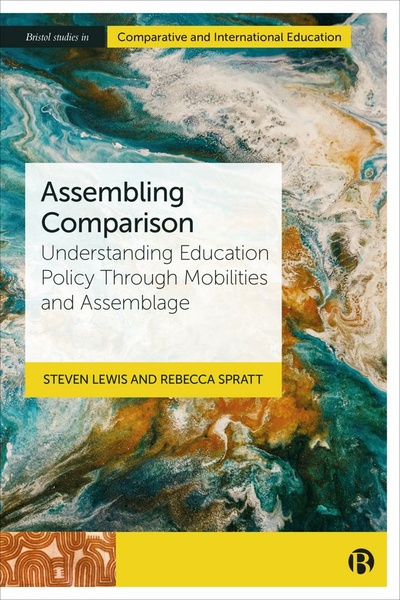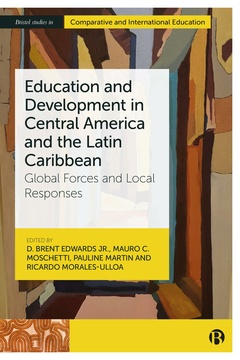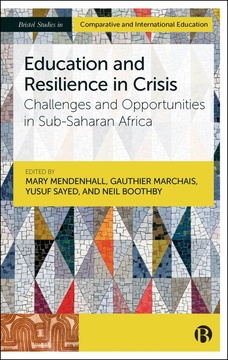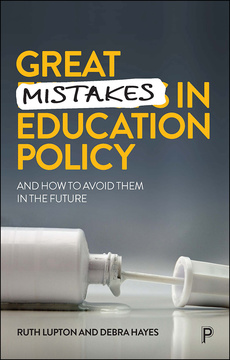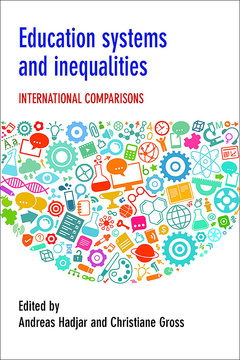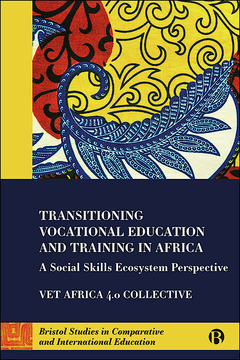Assembling Comparison
Understanding Education Policy through Mobilities and Assemblage
By Steven Lewis and Rebecca Spratt
Published
Jan 30, 2024Page count
148 pagesBrowse the series
Bristol Studies in Comparative and International EducationISBN
978-1529231304Dimensions
203 x 127 mmImprint
Bristol University PressPublished
Jan 30, 2024Page count
148 pagesBrowse the series
Bristol Studies in Comparative and International EducationISBN
978-1529231335Dimensions
203 x 127 mmImprint
Bristol University PressPublished
Jan 30, 2024Page count
148 pagesBrowse the series
Bristol Studies in Comparative and International EducationISBN
978-1529231335Dimensions
203 x 127 mmImprint
Bristol University PressThis book combines assemblage theory and policy mobilities to inform the study of comparative and international education (CIE), focusing on education policy and how such policy moves are enacted.
These approaches challenge taken-for granted and universalizing concepts in policy research and policy work in CIE – such as the nation-state, policy making/policy enactment, global/local, Global North/Global South – and highlight how policy is contingent on emerging through complex relations between people and places.
Using illustrative cases drawn from research and practice in CIE and education development, the book demonstrates how these ideas can be used in the analysis of policy and the application of this approach in real life.
“Makes an indispensable contribution to contemporary debates in comparative and international education by creatively engaging with key lines of theoretical development to bring forth new visions and possibilities for the field.” Sam Sellar, University of South Australia
Steven Lewis is Associate Professor at the Australian Catholic University
Rebecca Spratt is a PhD candidate in Education at the Australian Catholic University and an independent consultant.
1. Why Policy, Why Comparison?
2. Policy Mobilities and Assemblage Theory: Key Concepts
3. Policy Mobilities and Assemblage Theory: A Conjoined Approach
4. Where (and When) Is Policy?
5. What Is Policy?
6. Why Is Policy?
7. How to Research Policy?
8. (Re)assembling Comparison







